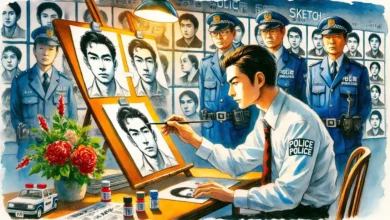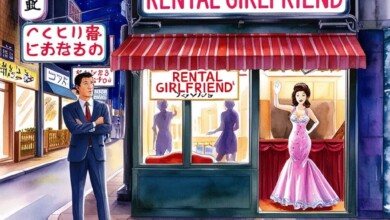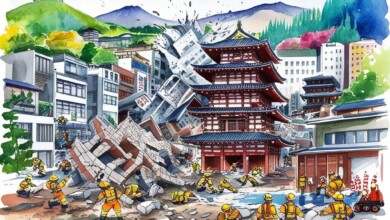The Emperor of Japan: A Fascinating History of the Emperor’s Role
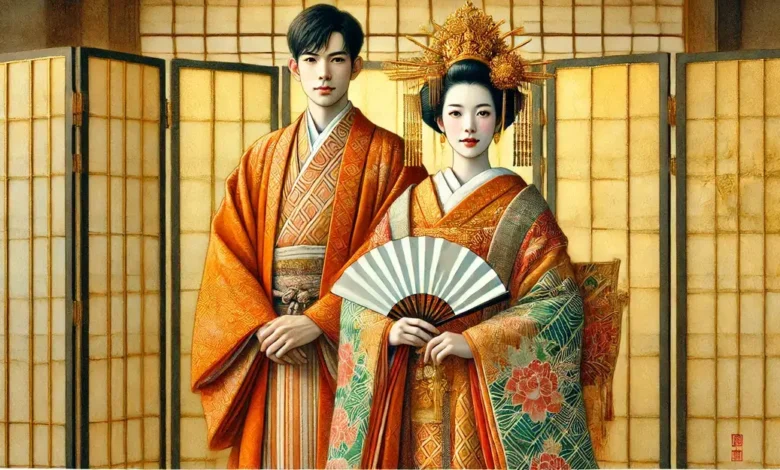
The Emperor of Japan is a very important person in the country. He is like a symbol that represents the unity of the people. His role is mostly ceremonial, which means he doesn’t make laws or govern the country, but he takes part in special ceremonies and events. This role has been passed down in the same family for over a thousand years, which is a really long time!
The Emperor is deeply respected and loved by the people of Japan. He is a big part of their culture and traditions. For example, every year on the Emperor’s birthday, people all over Japan celebrate with festivals and parades. Also, when a new Emperor takes the throne, it’s a huge event called an “Enthronement Ceremony”. It’s a special day filled with ancient rituals and celebrations.

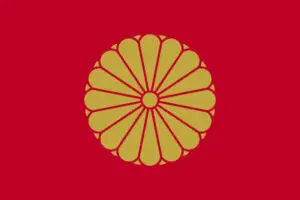
Historical Background
The story of the Japanese Emperor starts a long, long time ago. It’s said that the first Emperor of Japan was a legendary figure named Emperor Jimmu. People believe that he became the Emperor around 660 BC. That’s more than 2600 years ago! The interesting part is that, according to the stories, Emperor Jimmu was a descendant of the sun goddess Amaterasu. That means he was part of her family line.
Now, let’s talk about the Yamato period. This was a time when the Emperor’s court ruled from a place called Yamato, which is now known as Nara Prefecture. This period is usually said to have started around 250 AD and lasted until 710 AD. During this time, the Yamato clan, which is also known as the Imperial family, started to become more powerful. They were the ones who established the idea that the Emperor was the ruler of Japan.
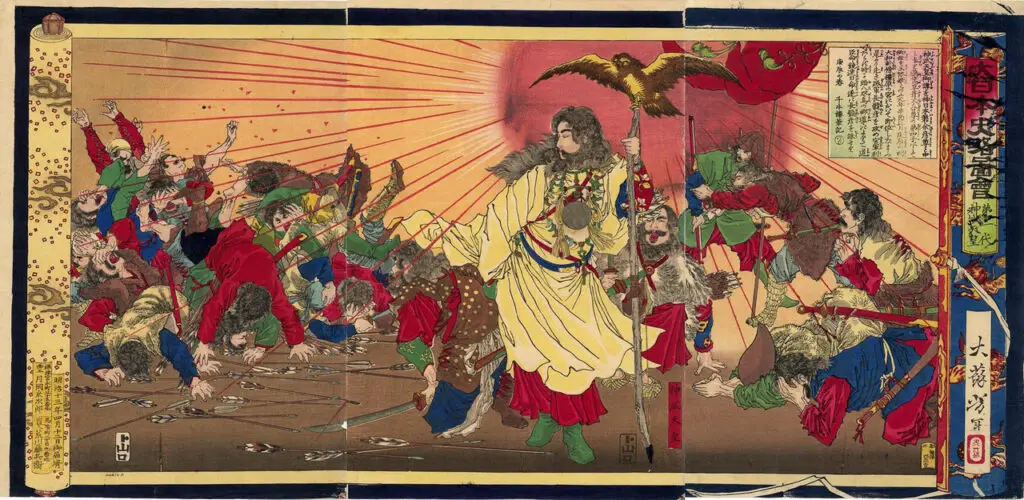
Ancient Japan and the Emperor’s Role
The Kofun period was from 250 to 538 AD. It was a big time for Japan’s Emperors. During this time, the Yamato family, who are the Emperors’ family, got stronger. They said that the Emperor should be the boss of Japan. This helped make Japan more like a country.
Now, let’s talk about Buddhism and Shintoism. These two religions are very important to Japan’s Emperors. Buddhism came to Japan around 587 AD, when Emperor Yomei was in charge. People liked it because it didn’t change their lives too much. Shintoism is a religion that is very special to Japan and its people. It says that the Emperors of Japan come from the first Emperor, Jimmu Tenno. He was the great-grandson of the sun goddess Amaterasu. This is a big part of why the Emperors are so important in Japan.

The Edo Period
The Edo period in Japan, which lasted from 1603 to 1868, was a time when the Tokugawa family was in power. This family was led by a person called the shogun. The shogun was like the military leader of Japan. During this time, Japan followed a policy called “Sakoku”. This policy meant that Japan was like a “locked country”. It had very little contact with other countries, and Japanese people were not allowed to leave the country.
Even though the shogun was the one who had the real power, the Emperor was still a very important figure. The Emperor was seen as a divine figure, which means people thought of him as a god-like person. But, he didn’t have much political power. His role was mostly symbolic, which means he represented the unity and identity of Japan.
The Meiji Restoration
The Meiji Restoration was a big change in Japan’s history. It happened in 1868 when the Emperor Meiji took back control of the country. Before this, Japan was ruled by military leaders called shoguns. But the Meiji Restoration ended that and started a new period of time where the Emperor was in charge.
During this time, Japan started to become more like Western countries. This is called “Westernization”. The leaders of Japan wanted to make their country strong and modern, so they started to learn from the West. They built railroads, set up a banking system, and even changed the way they dressed. They also started to use Western science and technology.
But even as Japan was becoming more Western, they still kept their own culture and traditions.
World War II and the Emperor
During World War II, Japan’s Emperor Showa had a big job. At first, he didn’t want Japan to join the war. But later, he agreed with his military advisors. Some people think he had a big role in the war, even though he said he didn’t.
When the war ended, something big happened. On August 15, 1945, Emperor Showa spoke on the radio. This is known as the “Jewel Voice Broadcast”. He told the Japanese people that Japan had agreed to the Potsdam Declaration. This meant that Japan had to stop fighting in the war.
After the war, Emperor Showa made another big announcement. It’s called the “Humanity Declaration”. In it, he said he was not a god. Instead, he said he was “the symbol of the State and of the unity of the people”. This was a big change for Japan and started a new time in history.
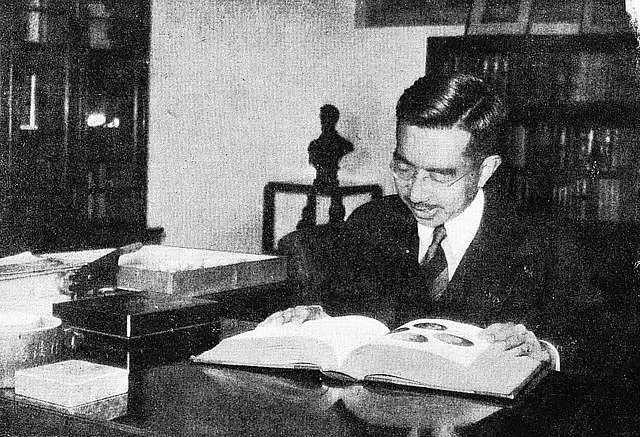
Post-War Japan and the Constitutional Monarchy
After World War II, Japan went through a big change. It became a “constitutional monarchy”. This means that the Emperor was still there, but he didn’t have as much power as before. The real power was with the people and their elected leaders. This change happened during the Meiji Restoration, which started in 1868.
In this new system, the Emperor’s role is mostly symbolic. He is seen as a symbol of the unity of the people. He doesn’t make laws or govern the country. Instead, he takes part in special ceremonies and events. He also meets with leaders from other countries.
So, the Emperor of Japan may not rule the country like a king or a president, but he still holds a special place in the hearts of the Japanese people. His role is a blend of history, tradition, and culture that is unique to Japan.
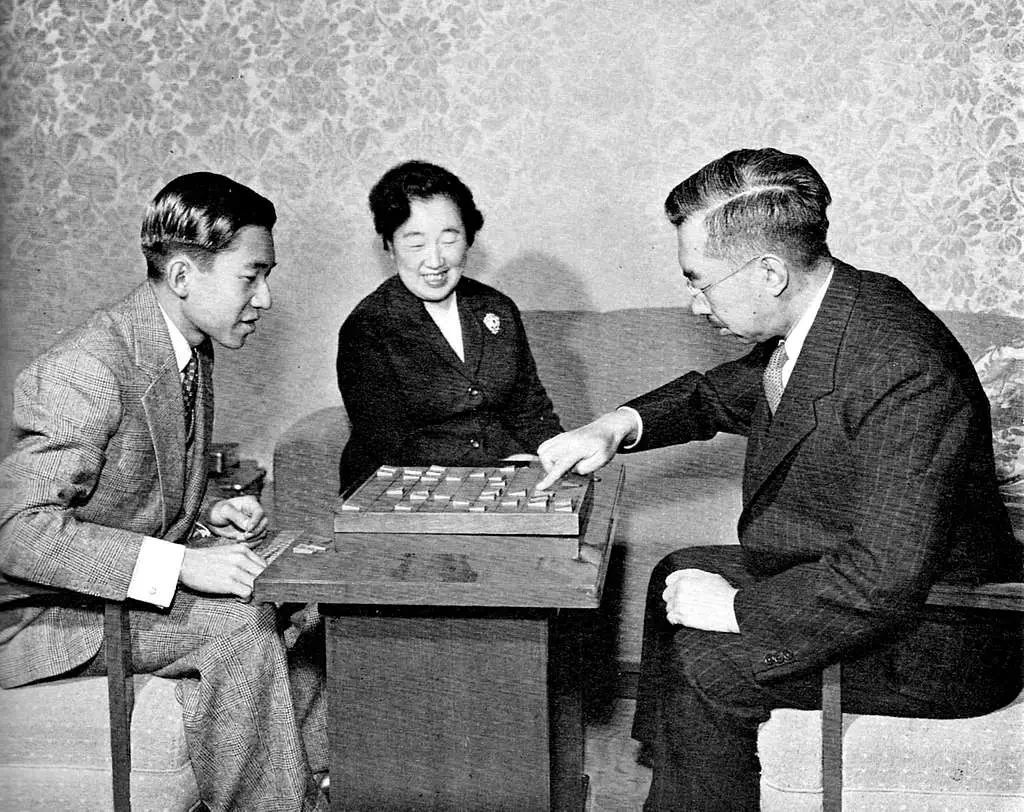
The Emperor in Contemporary Japan
The Emperor of Japan today has a very special role. He is like a symbol that represents the unity of the people. His job is mostly ceremonial, which means he takes part in special ceremonies and events. For example, he performs court rituals like the Shihōhai, a New Year ceremony where he bows in veneration facing each of the nation’s major shrines. He also promotes traditional culture, such as waka poetry.
The current Emperor of Japan is Emperor Reiwa. He became the Emperor on May 1, 2019. This started a new era in Japan called the Reiwa era. Emperor Reiwa is the 126th Emperor of Japan.
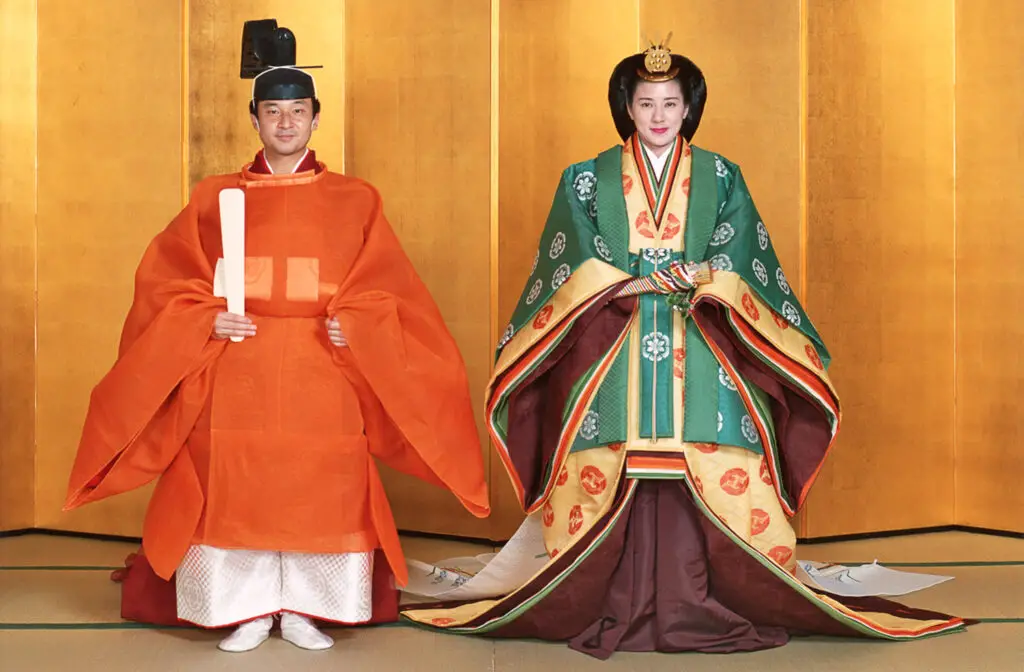
Current Members of the Royal Family
The current Emperor of Japan is Emperor Reiwa. He became the Emperor on May 1, 2019. His wife is Empress Masako1. She was born in Tokyo and was a diplomat before she married Emperor Reiwa. They have one daughter named Aiko.
The next in line to be Emperor is Crown Prince Fumihito. He is Emperor Naruhito’s younger brother. He is also known as Prince Akishino. Crown Prince Fumihito is married to Kiko Kawashima, and they have three children: Mako, Kako, and Hisahito. Hisahito is third in line to the throne after his father.

Public Perception and Media
Let’s wrap up what we’ve learned about the capital of Japan. Tokyo, a bustling metropolis, is widely recognized as the capital of Japan. However, it’s interesting to note that there’s no official law or mention in the constitution declaring Tokyo as the capital. The capital status of Tokyo comes from its role as the seat of the Japanese government and the location of the Imperial Palace.
Historically, the capital of Japan has moved several times, from cities like Nara and Kyoto to finally Tokyo during the Meiji Restoration. Today, Tokyo is not just the political capital but also an economic powerhouse, influencing Japan’s stance in the global economy.

Cultural Significance Today
The Royal Family of Japan plays a big role in shaping the country’s identity. They have a long history that goes back over a thousand years. This history is full of strong traditions that are still important in Japan today. These traditions help to shape the country’s culture, infrastructure, and public policy. That means they influence the way people live, the buildings and roads they use, and the rules they follow.
The Royal Family is also involved in preserving Japan’s culture. They attend special events and meetings that celebrate Japanese culture. For example, they meet with people who have made important contributions to Japanese culture. These people might be artists, writers, or scholars. By meeting with these people, the Royal Family shows that they value and support Japanese culture.
Epilogue
The Emperor of Japan has a story that goes back over a thousand years. This story is full of traditions and history that make Japan special. From the first Emperor Jimmu to the current Emperor Reiwa, each Emperor has done something important. They have been symbols of togetherness and tradition, and they have helped keep Japan’s unique culture alive.
Looking ahead, the Emperor’s job is changing. While the Emperor is still important, their job is more about symbols now. The Emperor doesn’t have political power anymore, but they are still a big part of ceremonies and cultural events. People are also talking about changing the laws to let a woman become the Emperor. These changes show that the monarchy is keeping up with the times.

